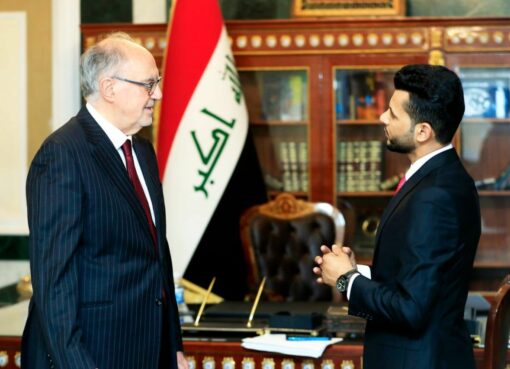The situation in Iraq is complex and confused in all aspects; institutional, political, economic and public administration.
The absence of accountability and chaotic economic management coupled with weak governance and dysfunctional organizational arrangements play a major part in the decline that the Iraqis experience today.
All these were, in part, the result of dividing Iraqi citizens into groups based on ethnicity, religion and sects, with sub groups within these categories competing to benefit themselves by directing state resources for their own benefit, rather than that of the whole population.
In this contribution we will focus on one aspect; Public Finance and Budgeting, taking into consideration the structure and characteristics of the Iraqi economy.
The dominant role that revenue generated in the oil sector plays in financing government activities in Iraq is well recognised. No other significant alternative financial resource exists. The nature of the oil sector is, however, an enclave sector, characterised by weak forward (production) as well as backward (consumption) linkages with the rest of the economy, making the role of the oil sector for inducing or leading the overall development process in Iraq neither direct nor spontaneous.
To continue reading download PDF
Observations on Iraqi Resource Allocation. By Dr Jasmin Al-Ali








Comment here